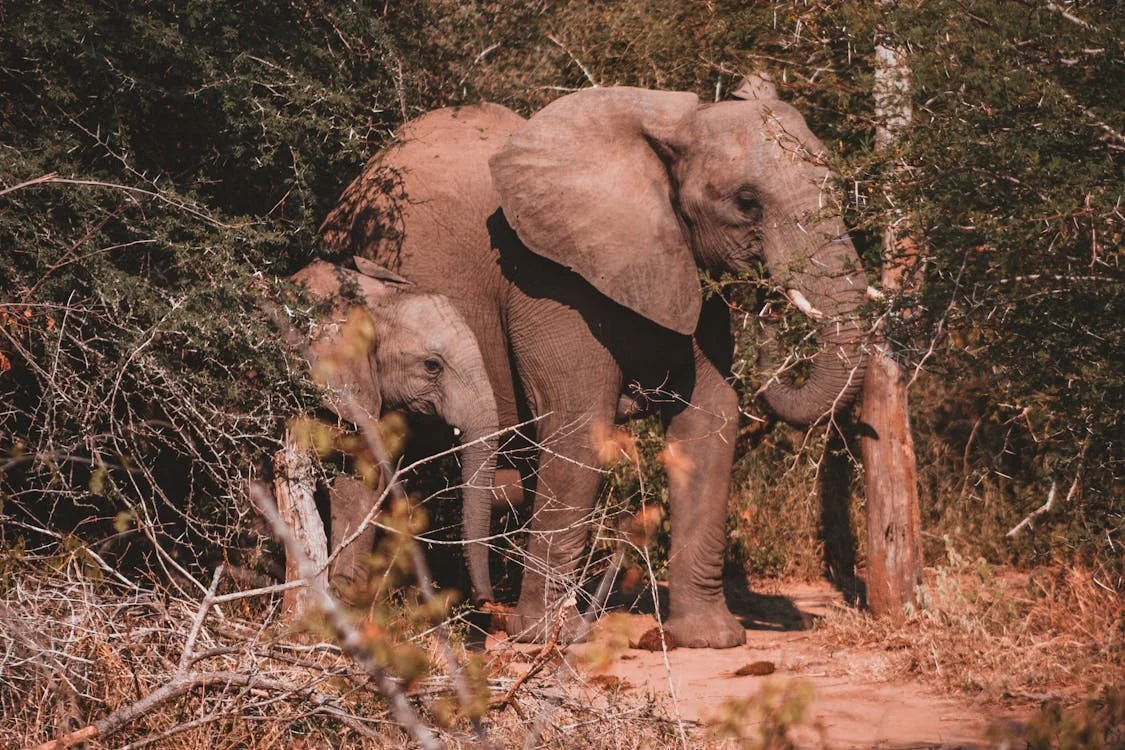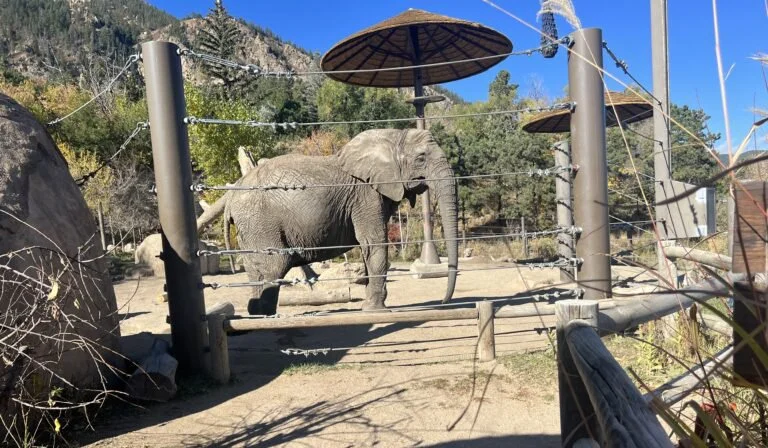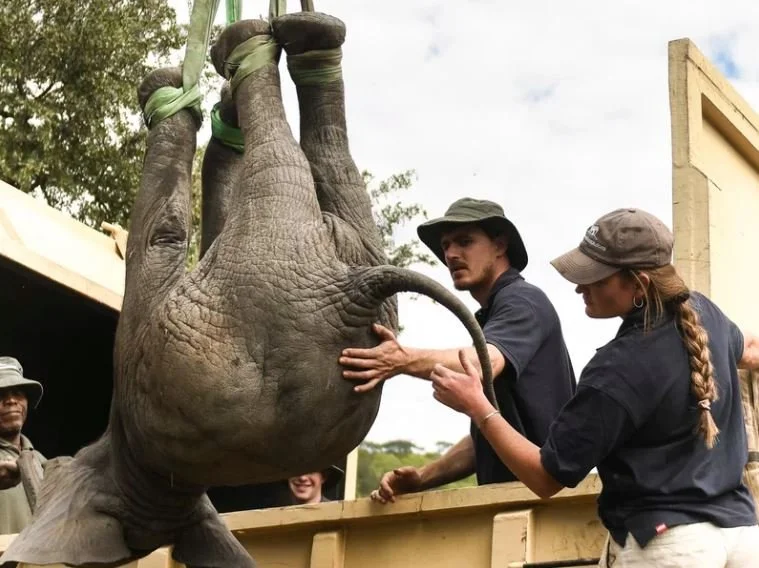Namibia and Zimbabwe Set to Butcher Elephants for Food (And Profit?)
A brutal drought in southern Africa threatens food supplies across at least six countries. Among them, Namibia and Zimbabwe have recently announced plans to cull hundreds of wild animals, including nearly 300 elephants, as they struggle to feed their populations.
The Namibian environment ministry says it will “contribute” 723 animals, including, 30 hippos, 60 buffalos, 50 impalas, 100 blue wildebeest, 300 zebras, and 100 elands. These, along with the elephants, will be culled from national parks and communal areas with “sustainable game numbers,” according to the Ministry of Environment, Forestry and Tourism.
The announcement was made in August, but there’s been scant news of the culling since, although there has been plenty of backlash. Last month 14 African conservationists released a report deeply skeptical of the plan, largely because “there is wide concern that the precedent of such a scheme would … open up the remains of Africa’s fragile wilderness to the arbitrary exploitation of governments, under the guise of humanitarian relief.” (The signatories to the report wished to remain anonymous as they fear retaliation from powerful parties.)
Critics point out, correctly, that a few hundred elephants will do little to address a months-long drought and famine that threatens the food security of 20 million people, the combined populations of Namibia and Zimbabwe.
Besides ostensibly feeding a population desperate for food, the big cull is also intended to reduce competition with grazing animals that eat a lot of vegetation. Namibia also wants to minimize the encounters between megafauna and humans, which only increases during times of drought, as animals and humans seek water and food.
Conservationists and others are not buying it. Last week AllAfrica.com suggested “the real reason” behind the cull has little to do with famine. “The countries house sizable stockpiles of ivory,” writes journalist Adam Cruise. “A few more hundred tusks from the cull will increase the size and value of those stockpiles considerably.” Cruise points out that Namibia and Zimbabwe (and Botswana) have long pushed to lift restrictions on the international ivory trade, fearing that “the floodgates for ivory poaching will open and Africa may see another 100,000 elephants wiped out in just a few years.”
That’s roughly the total elephant population in Zimbabwe; for its part Namibia is home to just over 20,000 of these animals. At the moment, no news is good news because, as far as we know, the culling has not begun. Perhaps the governments are having second thoughts in the face of all the backlash. If that’s the case, we should keep it up.
Photo credit: Lloyd Douglas / Pexels






